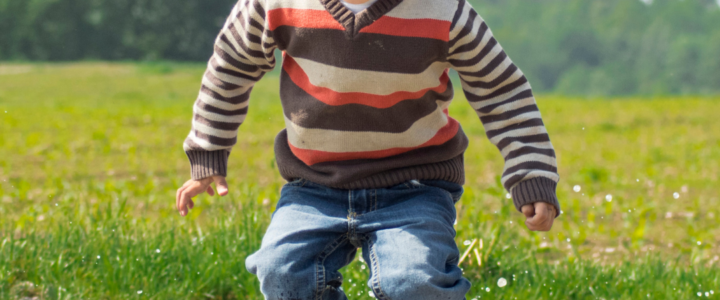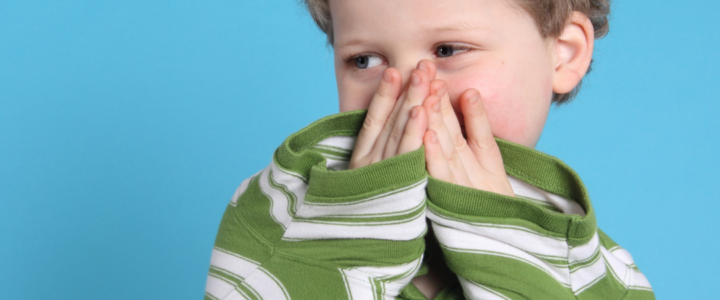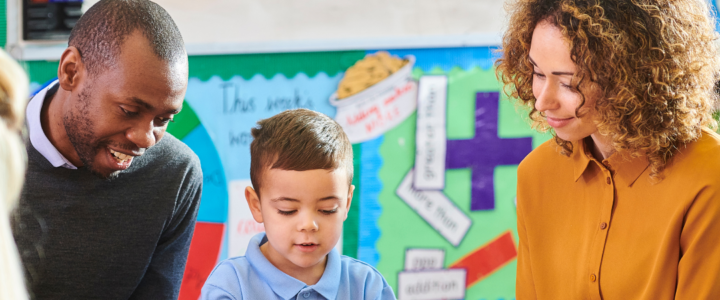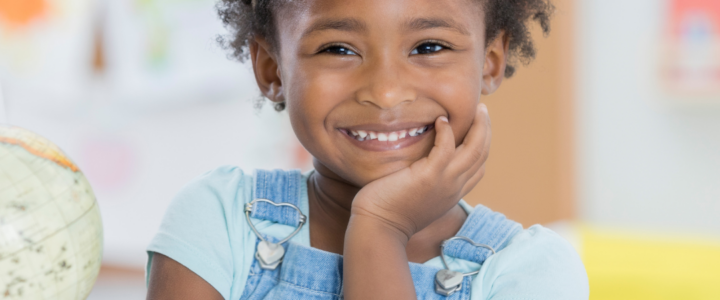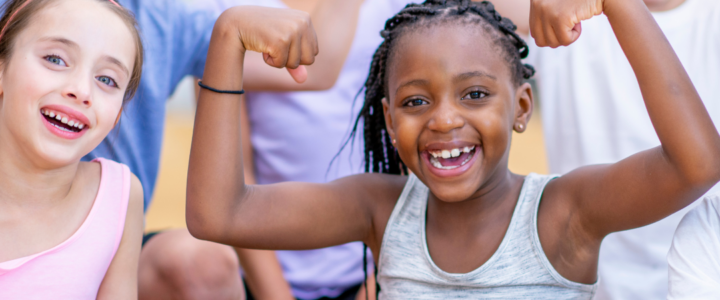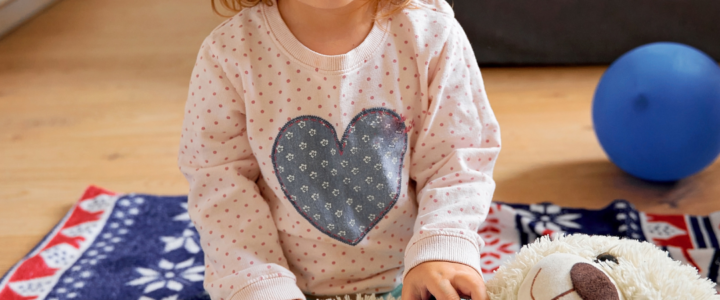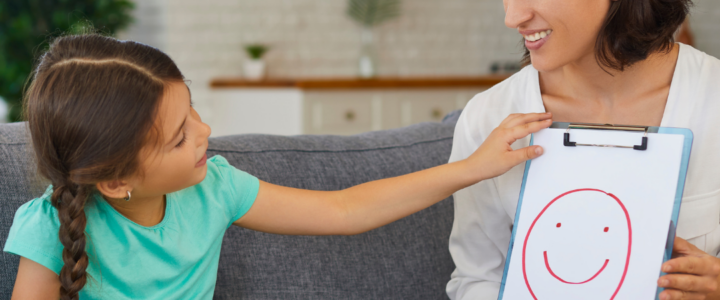Online, On-Demand Workshop
Co-regulation involves the back-and-forth exchange between two people as each participant adjusts their emotional state and responses based on the state (also called the ‘arousal level’) of the other person.
It is an interactive experience where both individuals provide moment-to-moment feedback to each other using verbal expressions and body language. This is not just a technique between an infant/child and parent/caregiver; co-regulation can occur between any two people where there is a positive relationship.
Join us for this vital training that will help you better understand your role as an adult in a child’s life and the foundation of communication and trust.
This 40-minute training is designed for parents, caregivers, teachers, and school personnel.
In this training, you will learn about:
- The relationship between co-regulation and it’s later impact on self-regulation
- Techniques to incorporate serve and return interactions into communication with children and the importance of doing so
- Various co-regulation tips, including ages and stages of co-regulation for young children and how to implement this approach
January 1, 2025 @ 8:00 am – December 31, 2025 @ 5:00 pm
ATTENTION: Palm Beach County parents, teachers, and caregivers: Use the CODE: AWOPBC to waive the fee!
A special thank you to the Florida Blue Foundation, Early Learning Coalition of Palm Beach County, and Children’s Services Council of Palm Beach County for supporting this training for teachers, and educators in Palm Beach County. This workshop is a part of our A Way of Being with Children series focusing on children ages birth to 5.


